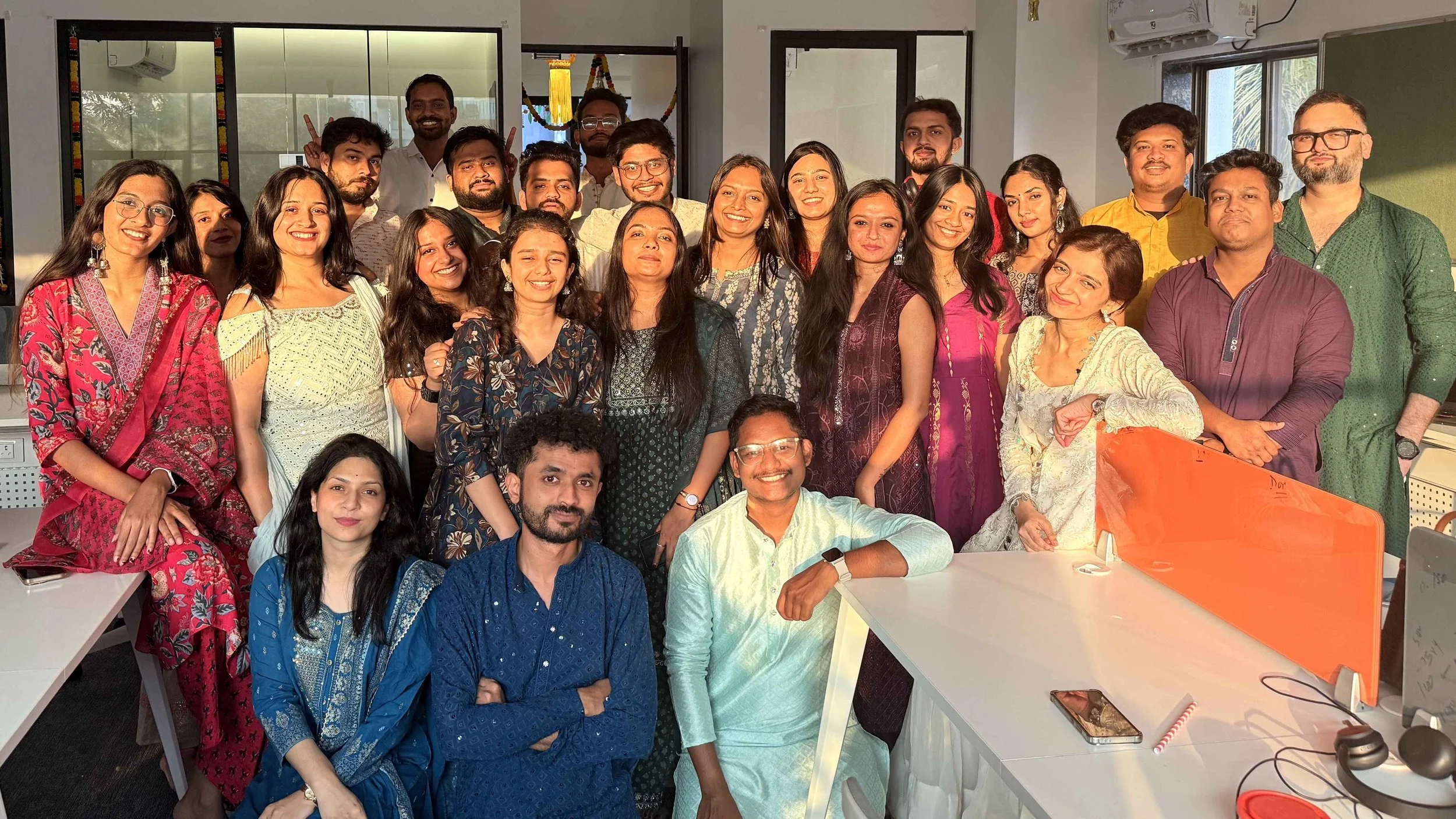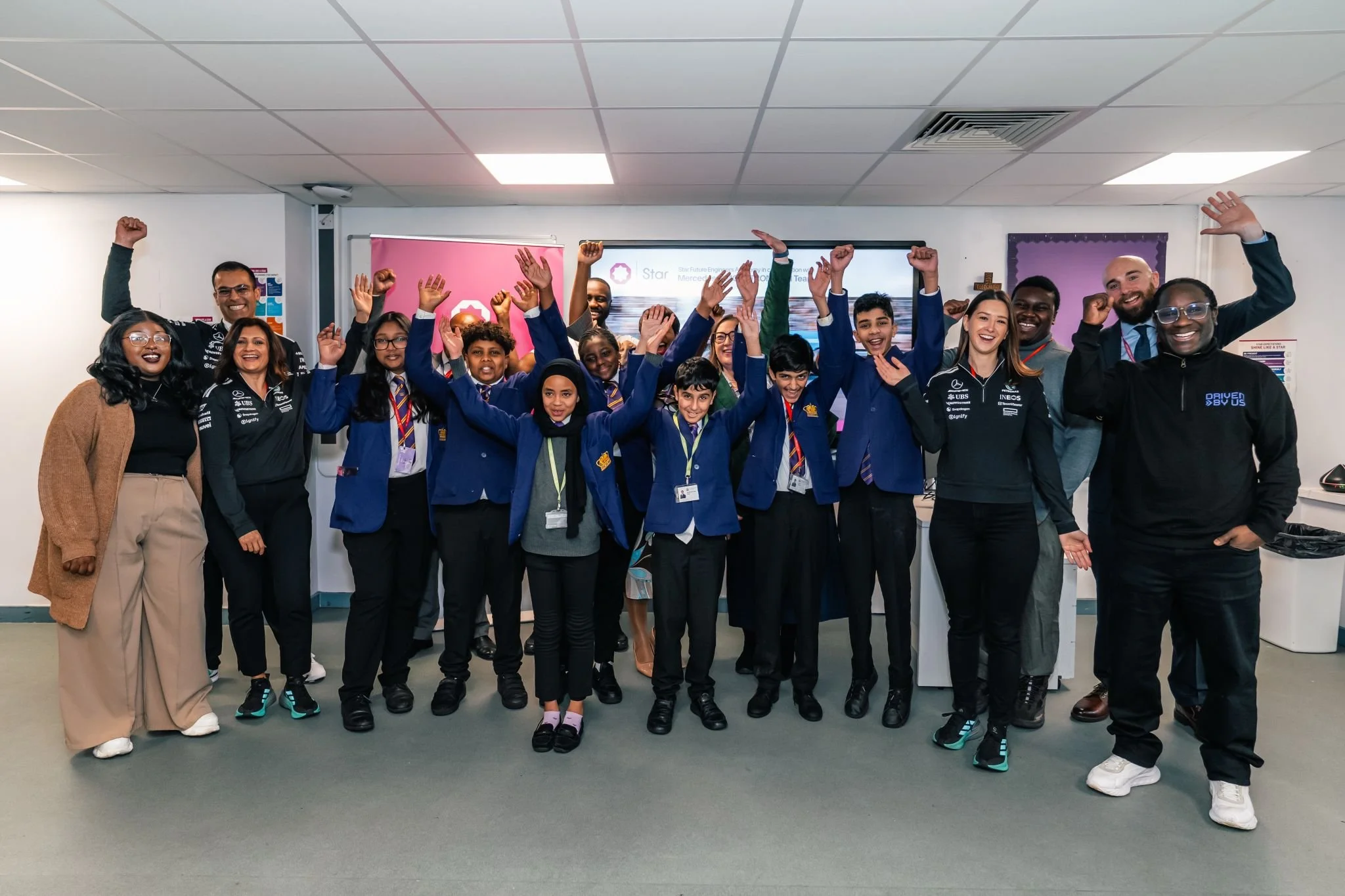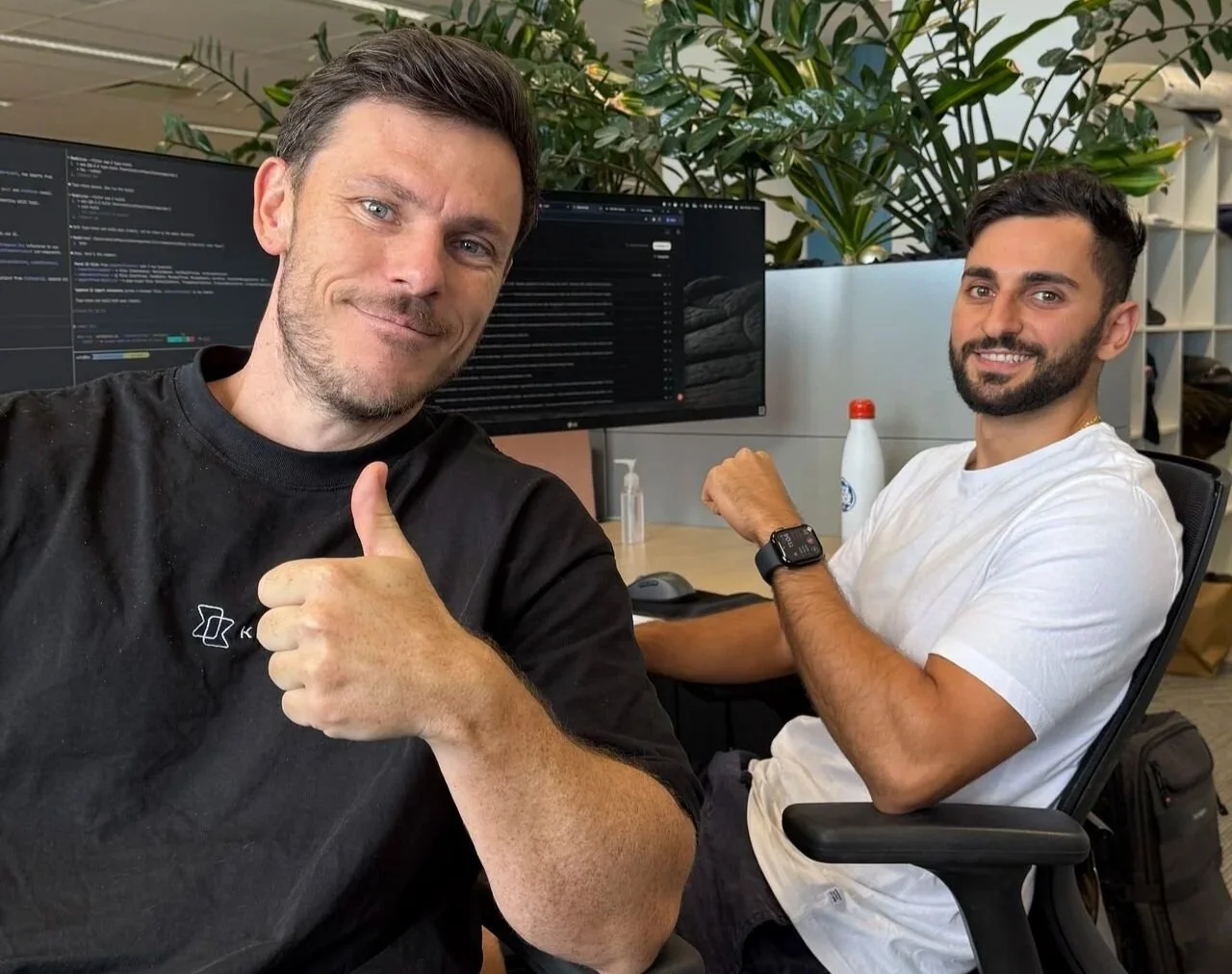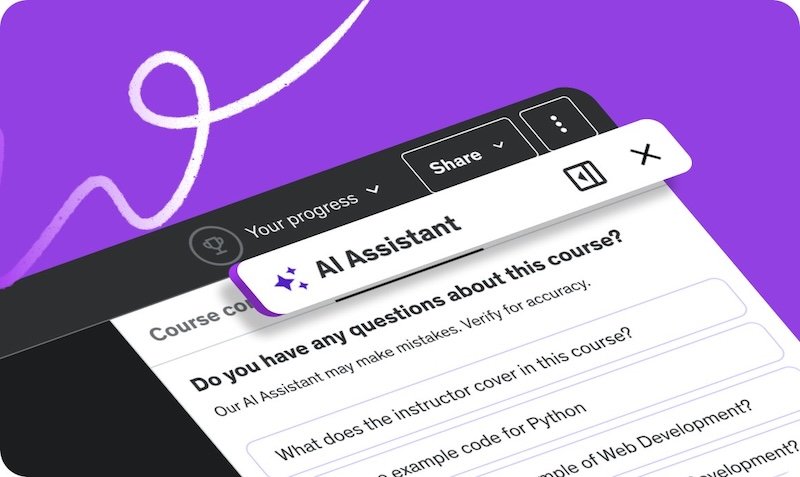US court backs Anthropic in AI copyright case, but pirated books issue heads to trial
Photo credit: Anthropic
AI company Anthropic, creator of Claude, has secured a partial legal win in an ongoing copyright case that may influence how U.S. courts view the use of copyrighted material for training large language models.
In a decision issued by Judge William Alsup of the U.S. District Court for the Northern District of California, the court ruled that Anthropic’s use of legally acquired books to train its AI assistant, Claude, does not violate copyright law. The judge described the training method as “quintessentially transformative” and consistent with the fair use doctrine.
Anthropic develops Claude, a generative AI tool launched in 2023 that provides natural-language answers based on user prompts. Like other models in the category, Claude is trained on a vast corpus of text, including books, articles, and online data. The company was founded by former OpenAI executives and has positioned itself as a safety-focused alternative in the growing generative AI sector.
Training AI on books ruled ‘transformative’ under fair use
At the center of the lawsuit was the question of whether training an AI system on copyrighted books—when those books have been lawfully acquired—violates the rights of content creators. Judge Alsup ruled that it does not.
In his written opinion, he states that Anthropic’s AI models do not aim to replicate or replace the original books, but rather “turn a hard corner and create something different.” The court found this to be in line with long-standing fair use principles, which allow for limited use of copyrighted material in contexts such as education, commentary, and transformation.
The ruling may set an important precedent as other AI developers face similar legal challenges. Fair use remains one of the most contested areas in the regulation of AI-generated content, particularly with regard to commercial LLMs trained on creative or copyrighted work.
Pirated content still under legal scrutiny
However, the court also found grounds to proceed with a separate trial concerning Anthropic’s alleged use of pirated content. According to court documents, Anthropic employees allegedly downloaded and used large volumes of books from pirate websites during earlier stages of training. The court has scheduled a trial in December 2025 to determine whether that activity violated copyright law.
Internal company discussions referenced in court filings show that some staff had reportedly raised concerns about the legality of sourcing content from unlicensed repositories. The practice was reportedly discontinued after legal and ethical questions emerged. Anthropic subsequently hired a former Google executive with experience leading Google Books, a platform that had itself been involved in and survived multiple copyright-related legal disputes.
Implications for the broader AI and edtech landscape
The ruling reinforces the idea that AI companies may be able to use commercially acquired content for model training without violating copyright, though legal boundaries remain unsettled, particularly when it comes to non-purchased or illicit material.
The December trial over pirated books will determine whether Anthropic’s earlier data acquisition practices result in liability. Depending on its outcome, the case could introduce new guardrails for content sourcing and model transparency, especially for companies developing tools for education, research, and publishing.
While the court’s interpretation of fair use offers a degree of clarity, unresolved questions remain around licensing, compensation for authors, and what constitutes ethical training material, issues that are likely to persist as generative AI becomes more embedded in all facets of life, education, and the workforce.
UPDATE
An Anthropic spokesperson told ETIH: “We are pleased that the Court recognized that using ‘works to train LLMs was transformative — spectacularly so.’ Consistent with copyright’s purpose in enabling creativity and fostering scientific progress, ‘Anthropic’s LLMs trained upon works not to race ahead and replicate or supplant them — but to turn a hard corner and create something different.’”
Anthropic also told us:
“We respectfully disagree with the Court’s decision to hold a trial regarding Anthropic’s acquisition of a subset of books and how they were used. We believe it’s clear that we acquired books for one purpose only–building LLMs–and the court clearly held that use was fair. The plaintiffs themselves never argued that Anthropic downloaded books from the Internet to build a “general purpose library”. We remain confident in our overall case, and are evaluating all options for review.”
RTIH AI in Retail Awards
Our sister title, RTIH, organiser of the industry leading RTIH Innovation Awards, proudly brings you the first edition of the RTIH AI in Retail Awards, which is now open for entries.
As we witness a digital transformation revolution across all channels, AI tools are reshaping the omnichannel game, from personalising customer experiences to optimising inventory, uncovering insights into consumer behaviour, and enhancing the human element of retailers' businesses.
With 2025 set to be the year when AI and especially gen AI shake off the ‘heavily hyped’ tag and become embedded in retail business processes, our newly launched awards celebrate global technology innovation in a fast moving omnichannel world and the resulting benefits for retailers, shoppers and employees.
Our 2025 winners will be those companies who not only recognise the potential of AI, but also make it usable in everyday work - resulting in more efficiency and innovation in all areas.
Winners will be announced at an evening event at The Barbican in Central London on Wednesday, 3rd September.






















